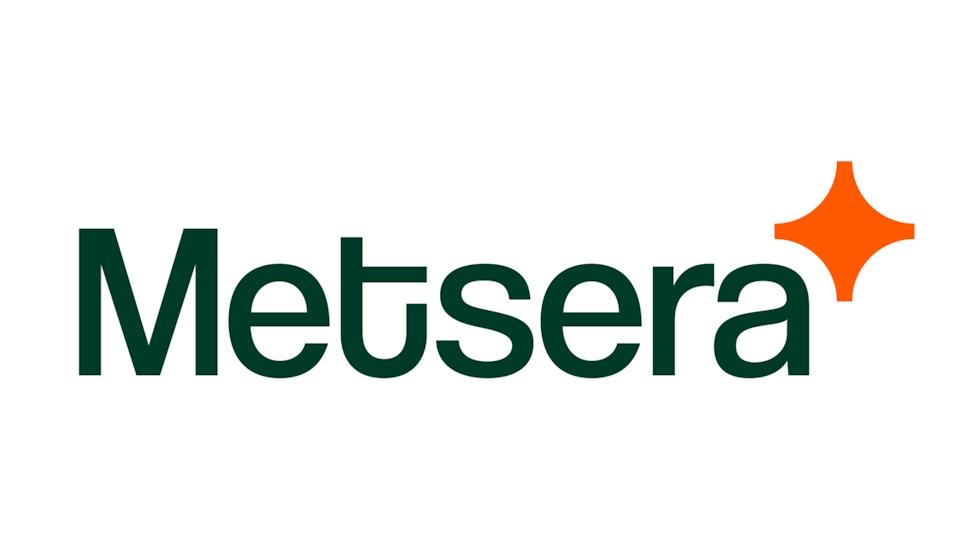Allogeneic therapies: The future of cancer treatment?

As autologous cancer therapies have advanced and shown incredible efficacy, the industry is looking for the next step for this type of treatment. Ben Hargreaves finds that allogeneic therapies could provide an answer to some of the drawbacks of autologous therapies, and that there is an advanced pipeline waiting to test the possibility.
The rise of cell and gene therapies has occurred rapidly over the last few years. The area has moved quickly as the pharmaceutical industry focuses R&D into the potential of biologic medicines, and specifically within cell and gene therapies. As a result, according to Statista, there were 1,221 active clinical trials for cell and gene therapies ongoing as of 2022, despite only six years ago marking the approval of the first such therapy, when Novartis’ Kymriah (tisagenlecleucel) received US Food and Drug Administration (FDA) approval in 2017.
CAR-T therapies, such as Novartis treatment, have become widely discussed due to their ability to successfully treat patients who would otherwise have no other therapeutic option. As found in trials, more than 85% of children who had acute lymphoblastic leukaemia (ALL) had complete remission after treatment with a CAR-T therapy, and 60% of those children remained cancer free for 12 months. As well as cell therapies being applied to cancer, they are also being explored in other areas, such as infectious disease, and as a potential way to restore heart function in people with advanced heart failure.
However, one of the limiting factors around cell therapies, such as CAR-T treatments, is the process required to deliver them to patients. The manufacturing procedure and supply chain requirements are complicated and, directly related to this, the whole procedure takes time – with an average creation time of therapies being between nine and 14 days. The process itself is currently carried out in an autologous fashion, meaning that T-cells are harvested from patients, taken to the laboratory where they are reprogrammed to target cancer cells. After this, they are expanded to obtain a therapeutic dose, and then delivered back to the patient. This is a simplified form of the process, and there are many demands placed on the supply chain to ensure that patients can receive CAR-T therapies.
This is why there is a growing focus on the development of allogeneic cell therapies within the clinical pipeline. Allogeneic therapies, also referred to as ‘off-the-shelf’ therapies, allow for a single source of cells to treat many patients, compared to autologous therapy where an individual patient receives their own individual dose. This change in the creation of the therapy creates many potential advantages.
Filling the gaps
To understand what advantages are offered by allogeneic therapy, pharmaphorum spoke to Bryan Kobel, CEO of TC Biopharm, which is developing a pipeline of allogeneic therapies, targeting a broad range of cancers and infectious diseases. The company’s platform is differentiated from other CAR-T therapies, as the destruction of target cells is controlled by the innate endogenous kill-switch that is aided by synthetic transgenes – this allows for more effective targeting and armouring, the company outlines. Specifically, TC Biopharm is creating allogeneic gamma-delta T-cell therapies, which has demonstrated lower-cost and efficacy data in ALL.
When asked about the specific benefits of the allogeneic approach, Kobel stated, “Off the shelf treatments are inherently tied to an allogeneic approach, as they are banked and created prior to the patient, versus autologous which uses the patients’ own blood. Having the ability to use donor cells from healthy individuals also increases the patient population that can be treated.”
He continued, “An autologous approach is using an already sick/immune suppressed patient’s donor cells, which can be non-existent or inert […] The platform allogeneic gamma-delta T-cell therapies we’re developing for cancer indications have enabled us to show lower-cost and scalable human efficacy data in acute myeloid leukaemia with reduced dependence on the functional fitness of a patient T-cell.”
The lower-cost arrives from the simplified manufacturing process, which has meant that existing therapies have a notoriously high price tag. The process of creating the treatments also caused issue in the early stages of commercialisation in meeting the demand for the products. This is particularly an issue for CAR-T treatments as the pressure to create and then deliver the product quickly is high, when patients are often in ill health and in dire need of urgent treatment.
Overcoming the broader challenges
Though an allogeneic approach is able to navigate some of the hurdles that exist around cell therapies, there remain difficulties for those companies working in the area. One area that Kobel highlighted was the issue over supply and demand for cells. For those companies that are unable to manufacture their own supply of cells, they may have to wait as much as one year to have the batch of cells required to run clinical studies. Another issue that exists within allogeneic cell therapy development is the donor variability.
Kobel told pharmaphorum that TC Biopharm does not have an issue with supply of cells, as it set up its own UK Medicines and Healthcare products Regulatory Agency (MHRA) licensed clinical manufacturing facility, located near Glasgow, UK, to remain ‘vertically integrated’. Further, when attempting to address variability issues, the company is focusing on automating the production process, and working on donor selection with ‘various assays and data points’, as part of a long-term solution.
“We are able to work with living organisms every day and we are constantly learning more about how to make our cells more effective for oncology indications. There are countless hurdles in cell therapy, many still to come, given how young the industry is comparatively,” Kobel explained.
Reaching the endgame
With an estimated 147 cell and gene therapies in late-stage trials, including Orca Bio’s allogeneic cell therapy and Allogene Therapeutic’s allogeneic CAR-T therapy, the industry might not have long to wait until the first such treatment is a commercial reality. For its part, TC Biopharm’s OmnImmune (TCB-008) is the company’s most advanced asset and has completed an initial five patient safety cohort in a phase 2b trial in acute myeloid leukaemia.
“We anticipate filing an investigational new drug (IND) application to start the FDA clinical trial process in the second half of 2023, with additional potential IND submittals for collaborative trials in combination with OmnImmune or TCB-008,” Kobel outlined. Beyond working on its lead candidate, he stated that the company has a ‘number of ongoing research collaborations’ that may reach clinical stages in Europe and the US in late 2023 or early 2024. Kobel concluded that he sees allogeneic therapies as the “the future of cancer and infectious disease treatment.” With many such treatments heading towards pivotal trials, the future may arrive soon.












